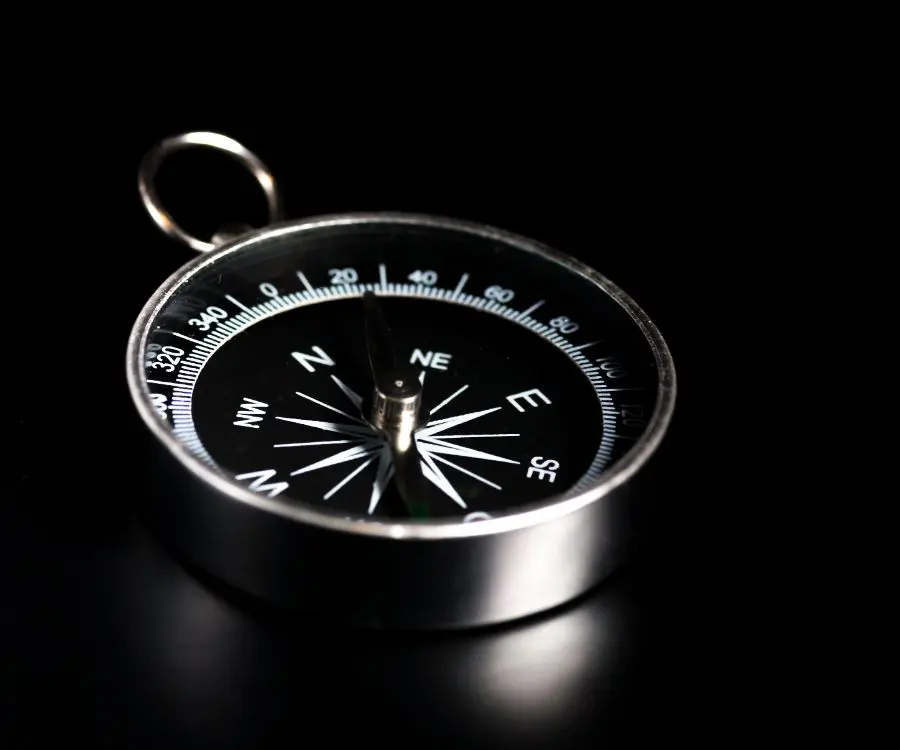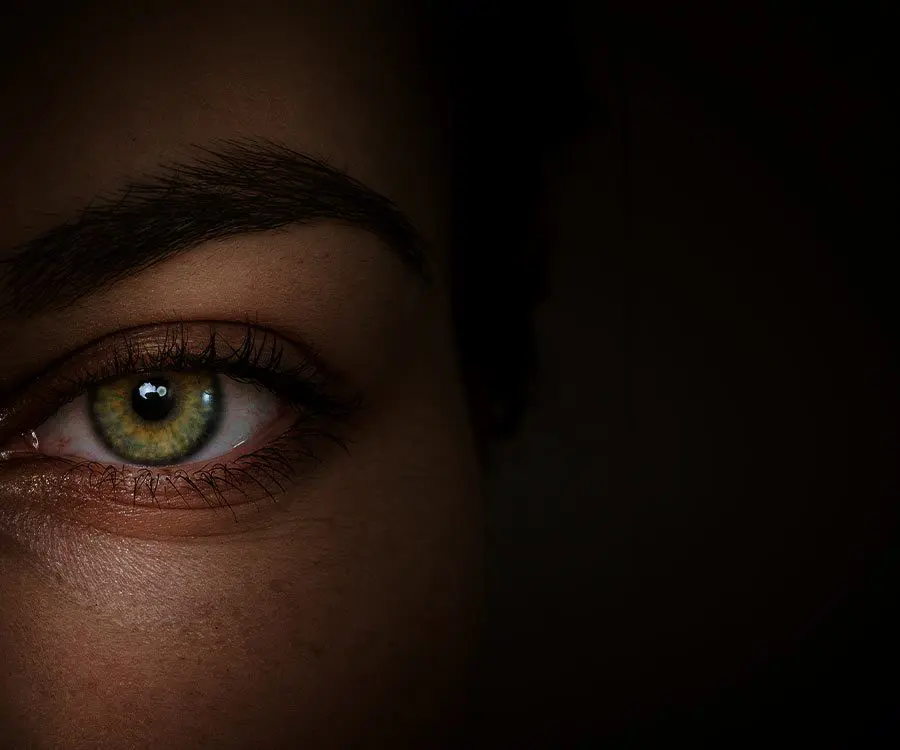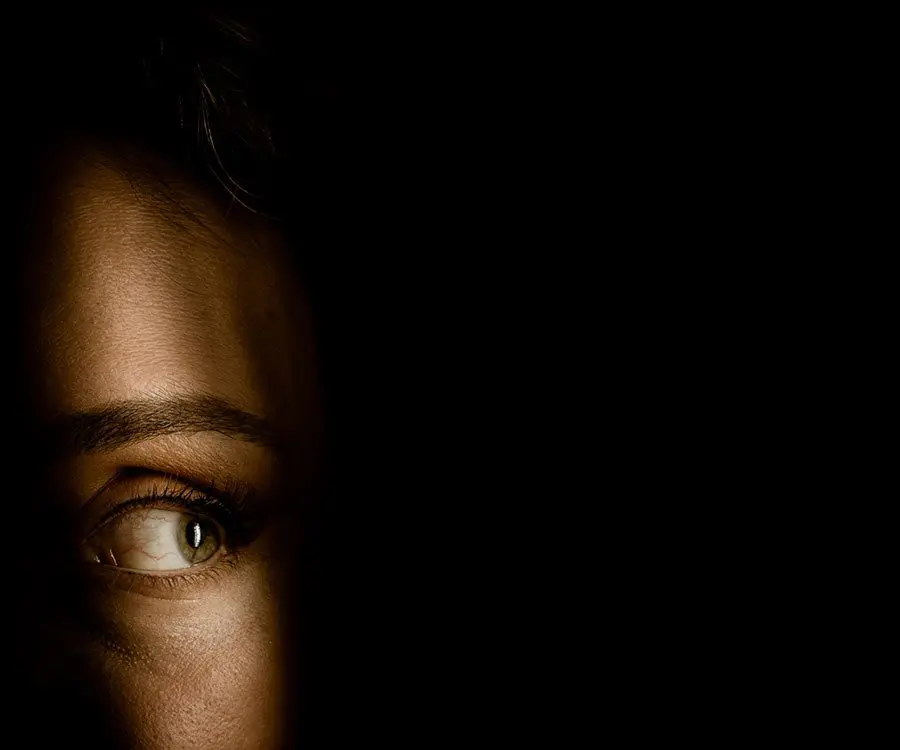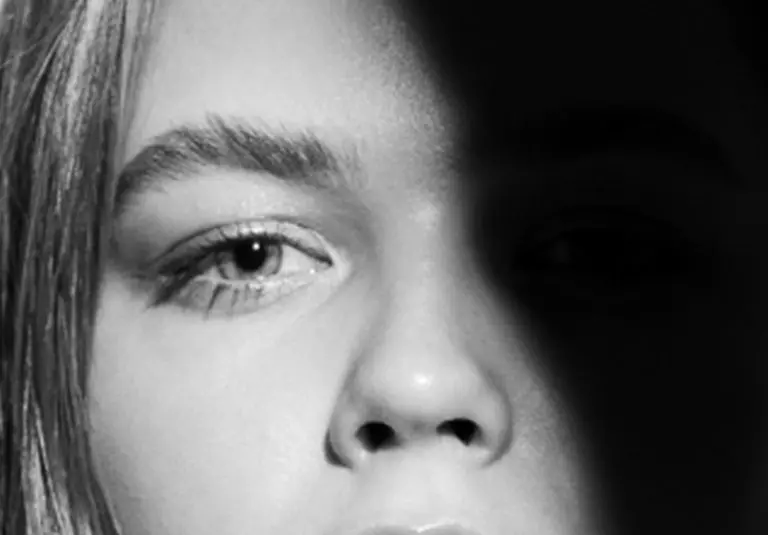
- Eyecare Tips & Tricks

- News
5 Tips to Get Your Eyes Summer Ready

With summer in full swing, we turned to our eye experts for their tips on looking after your eyes this season.
UV Protection
Sun exposure can seriously damage your eyes and can lead to serious conditions such as cataracts and age-related macular degeneration. Look after them and the surrounding skin by wearing sunglasses with 100% UV-A/UV-B protection, contact lenses with UV blocking, wraparound sunglasses and a wide-brimmed hat. If you’re also experiencing glare, then you should consider polarized sunglasses which can help greatly.
Wear Goggles
Don’t forget to pack your goggles before heading to the pool for a dip. Swimming pools usually contain harsh chemicals, such as chlorine, to protect us from exposure to germs – this can affect the natural tear film that keeps our eyes moist and healthy. Protect your eyes by wearing swim goggles in the pool and splash your closed eyes with fresh water immediately after getting out. This will help wash the chlorine and other chemicals off your eyelids and eyelashes. Do not wear your contact lenses and swim. This introduces a serious risk of infection. Equally, do not insert your contact lenses soon after you come out of the swimming pool as some pool water may still be in and around your eyes. If your eyes hurt, become irritable or red after swimming and this lasts for more than a day, please consult your optometrist or eye doctor; the sooner the better.
Stay Hydrated
We all know the importance of staying hydrated but most of us don’t drink enough water anyway. During the summer, when the climate is hotter and drier than usual you need to be drinking even more. Dehydration can affect the eyes and make it harder for the body to produce tears, which can lead to dry eye symptoms and other vision problems. Hydration during and after physical exercise, either in the gym or by the nature of your work is very important. Dehydration during exercise has been associated with mini-strokes in the retina, that can seriously affect sight or part of your field of vision. Remember that alcohol consumption dehydrates the body by drawing fluid from the tissues into the bloodstream. Drink alcohol in moderation and top it up with water.
Get Plenty of Sleep
Between busy schedules and higher temperatures, many may struggle to get a good night’s rest. Lack of sleep can be detrimental to our health and eventually lead to more serious eye problems. Aim to get at least seven hours of sleep to allow your eyes to heal and replenish. You do not have to use artificial tears or eye-washes just because it is a hot day. Your naturally produced tears will protect your eyes, however, if your eyes feel excessively dry, seek help from your optometrist or eye doctor.
Wash Your Hands and Avoid Rubbing Your Eyes
Washing your hands regularly offers the best protection against the spread of communicable disease. Doing this helps avoid contracting eye-related conditions such as conjunctivitis. You often develop conjunctivitis after touching something that someone else has touched after they rubbed their eyes. Wash your hands thoroughly before you apply any treatments to your eyes and avoid rubbing them as much as possible. In some professions, you have to wash your hands more than others. Excessive washing with soap and water can cause your hands to go dry and lead to hand dermatitis. Use a gentle soap and apply a moisturiser to your hands after washing.
Get in touch with us on 0800 024 8888 for any eye related queries or book a consultation here.
Reviews







